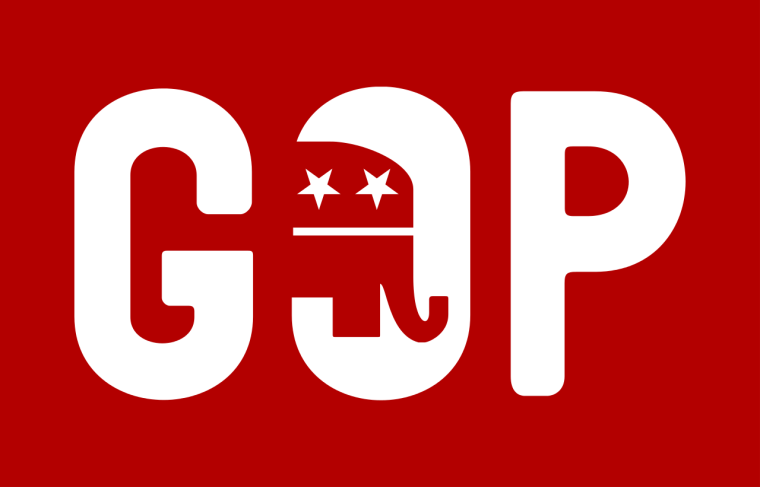The calendar still reads 2015, but already it feels like 2016. Now that Hillary Clinton has joined Republican Senators Ted Cruz, Rand Paul, and Marco Rubio on the official hunt for the White House, the presidential campaign is gearing up. Higher education (mostly student debt) played a small part in the last election, but it may play a larger role in this one. This week, I’ll give advice to candidates in both political parties about issues and ways to talk about higher education. First up, the Republicans.

For the better part of the last two decades, there hasn’t been an overarching national Republican agenda in regards to higher education.
Most discussions about higher education revolved around other policy ideas that were applied to higher education. For much of the Bush administration, we kept hearing some form of No Child Left Behind for higher education, but for a variety of reasons nothing came of that rhetoric.
Beyond accountability and deregulation, the anti-intellectual trend within the Republican party has limited any substantial higher education agenda.
If the GOP is to retake the White House, I recommend the following higher education policy ideas:
1. Embrace Lamar Alexander’s proposals to simplify the FAFSA.
Given that it seems half the Republican caucus in the Senate will be running for president, the Senate will be an important fighting ground during the primary campaign. Senator Alexander’s proposal to simplify the application process for financial aid should fit right into a winning Republican campaign. The application process is cumbersome and an example of an area where government isn’t working very well. The simplification and deregulation process should be right in the wheelhouse of any major GOP candidate.
2. Emphasize community colleges and workforce development.
With the uneven economic recovery, the battle for 2016 (at least at the moment) appears to be one for the soul of the middle class. Republican candidates should push the value of community colleges for improving the workforce. Partnerships between community colleges and local businesses can be highlighted as models to improve the economy. The strength of community colleges in rural and suburban areas (a vital source of support for Republicans in the general election) make this a natural place for candidates to argue for the role of higher education.
3. Support college education for undocumented immigrants.
One of the greatest challenges for the Republicans is how to improve their standing among Latino voters. The DREAM Act and large scale immigration reform are clearly not happening. Yet, I do think there is a place for candidates to find a middle ground in supporting undocumented students going to college. This may be out of step with where much of the party’s base is on this issue, but it would be the most neutral area to attempt to show Latinos that the party cares about their concerns. In addition, improved educational outcomes for these students will improve the overall economy.
4. Seek alternatives to accreditation.
Many of the policy proposals related to higher education in recent years run into problems when it comes to operationalizing the reforms. The current accreditation systems limits many attempts at experimentation. An innovative higher education policy agenda would look at ways to come up with alternatives to accreditation that would encourage competition across higher education sectors and institutions.
5. Improve the availability of data.
Republican governors and legislatures across the country have pushed for more accountability from colleges and universities. A Republican presidential candidate would benefit from picking up on these themes at the national level. To that end, improving the accessibility and quality of data about higher education would prove to be a winner. For example, providing wage and employment data can emphasize the parts of education valued within the corporate wing of the party. If nothing else, this is a fight that should be on territory largely favorable to Republicans.
Conclusion
This has not historically been a major policy area for Republicans. That should change. These policy ideas aren’t new, many have been around for a while. Yet, for a Republican presidential candidate looking for support in both the primary and the general election, they provide a valuable place to seek reform.
Higher education presents a huge opportunity for Republican candidates to argue against Democratic policies and failed federal regulations, emphasize the value of economic development, and encourage market oriented solutions.
In short, what every GOP presidential candidate should be trying to do.

